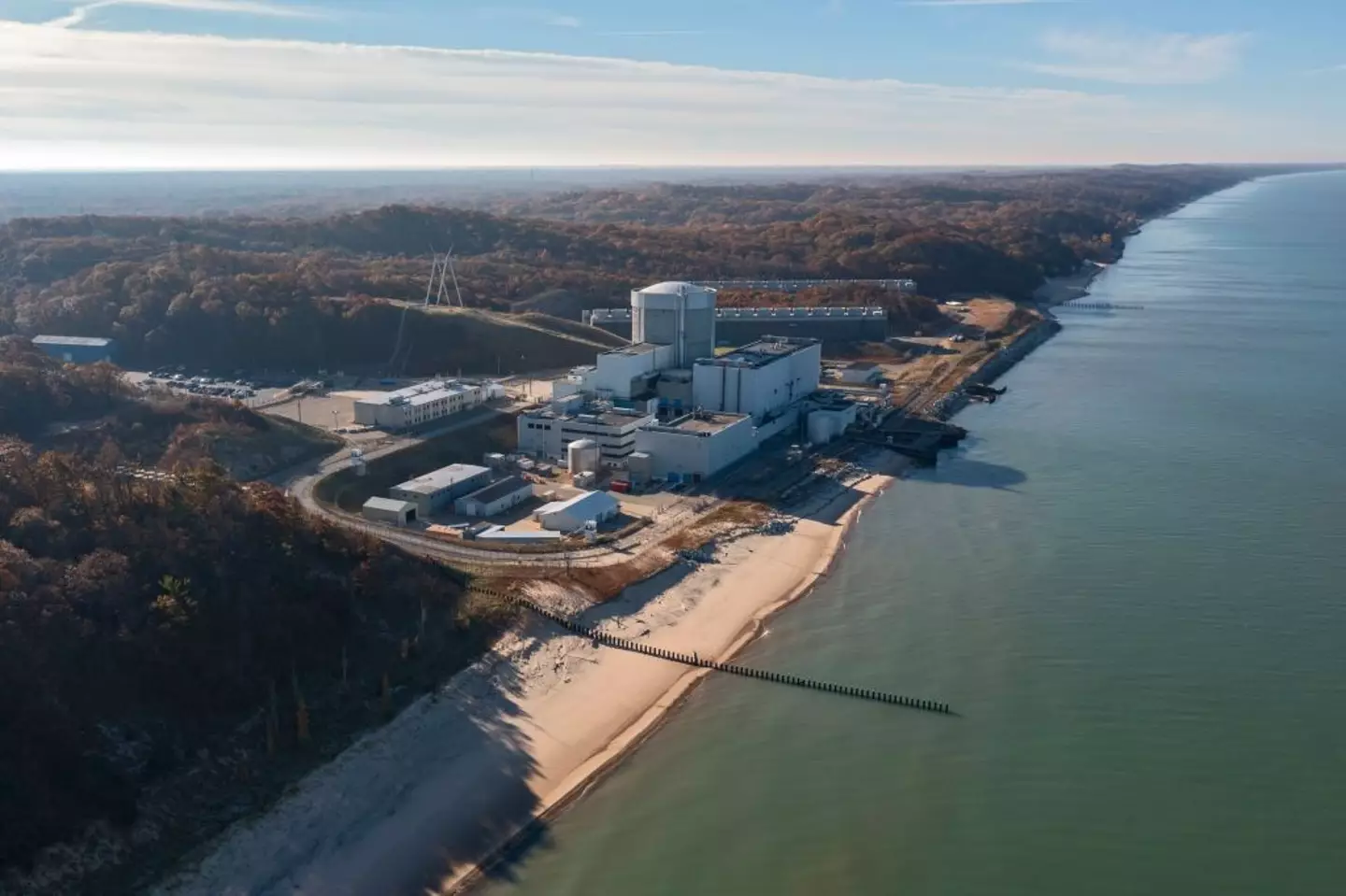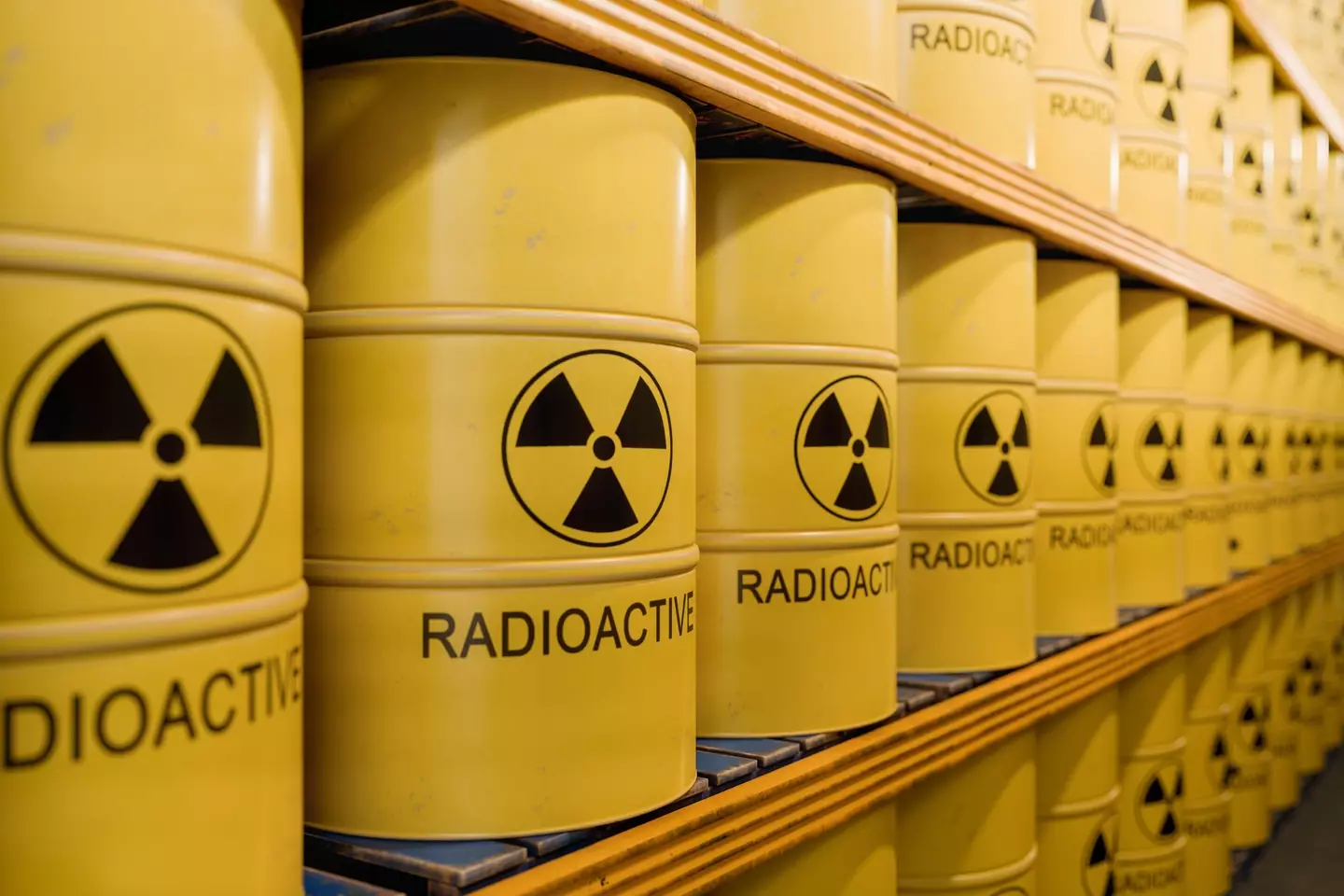
A plant in Michigan has issued a statement after a worker fell into a nuclear reactor and 'ingested cavity water'.
According to reports, the incident occurred early in the morning when a contractor fell into a nuclear cavity at Palisades Power Plant in Covert, Michigan, which is located right on the shoreline of Lake Michigan.
As reported by MLive, a plant spokesperson said: “While performing work inside the containment building, a Palisades contractor fell into a pool near the reactor that contained clean, borated water,” a plant spokesperson told MLive.
In the federal incident report, it detailed how the worker had ‘ingested some amount of cavity water’, and after rigorous decontamination procedures, they still had ‘300 counts per minute detected in their hair’.
Advert

The contractor was taken to an emergency medical facility where they were treated for minor injuries.
Despite the contamination, officials have claimed that the worker has already returned to work.
Just one day before the accident, the plant had received a delivery of uranium fuel, which the staff members were busy unloading into the reactor core when the fall occurred.
Activist groups are now speaking out to argue that the speed of production is being prioritized over safety.
Arnie Gundersen, who is a nuclear engineer and consultant for the anti-nuke group Don’t Waste Michigan, said: “We urge the [Nuclear Regulatory Commission] to put a stop to this resurrection before Michigan is placed at radioactive risk.”
Many people have taken to social media to react to the news, with one user writing on Reddit: “300 cpm is about 5-15x the background radiation we receive on a daily basis. It’s also important to know that it was external in the hair and not internal (irradiated). Likely will not suffer long term effects as long as they were decontaminated quickly, which it sounds like they were.”

Another said: “There’s a nuclear engineer on YouTube that talks about this all the time and he says the real danger is the fall into the water and the potential for drowning. Apparently you have to be really close to the nuclear material to be in any real danger of radiation poisoning.”
A third person commented: “Am I the only one who is terrified by this thing? If there's an accident, I'm assuming that's it for the Great Lakes, right?”
And a fourth added: “Not loving that there's a nuclear power plant near the Great Lakes... seems like we should put those further from fresh water.”